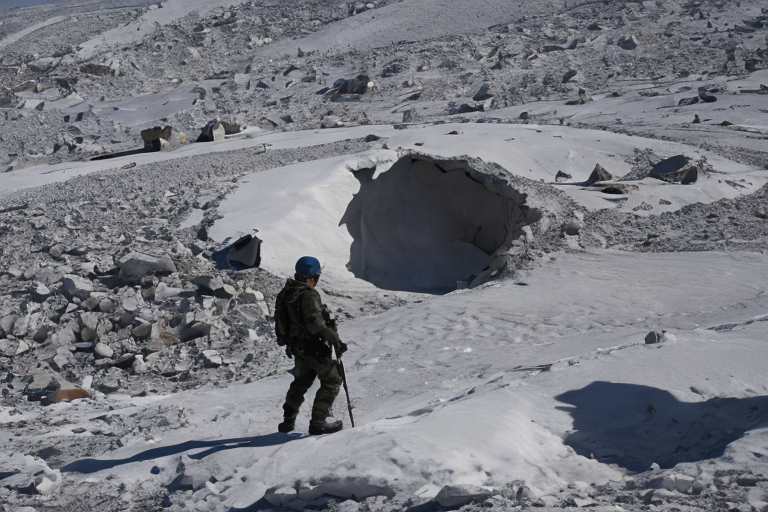According to a report by the European Bank for Reconstruction and Development (EBRD), the invasion of Ukraine by Russia has resulted in a significant increase in borrowing costs for the European Union’s ten Eastern member states. This rise, estimated at around half a percentage point since the conflict began, can be seen as a result of the impact of the war on Central Europe. Governments in these areas have expressed fears of potential attacks, which has sent signals to markets. The report notes that the debt spread for EU countries in the EBRD region relative to German five-year bunds opened sharply following the outbreak of the conflict and remains above 100 basis points. In the wider EBRD region, the median yield on five-year government bonds rose by three percentage points between early February 2022 and mid-April 2024. However, the EBRD highlights that the economic situation for the eight Eastern European countries that joined the EU in 2004 has improved considerably since then, with their economies equating to an average of 50% of Germany’s per capita GDP, compared to just 26% in 2003. The report suggests that this growth owes much to EU membership. “It’s no wonder that other countries are interested in EU accession,” says the EBRD’s Chief Economist, Beata Javorcik.
Meanwhile, geopolitical tensions are affecting investment flows, with China’s share of foreign direct investment in EBRD regions increasing dramatically during 2023, reaching 39%, up from less than 10% previously. Egypt, Morocco, and Serbia have all benefited from this trend. The report suggests that Poland and Croatia will experience accelerated growth in 2024, with inflation moderating and Croatia’s tourist revenue jumping by 40% in comparison to pre-pandemic levels.
The European Union is currently holding approximately €210bn ($225bn) in Russian central bank assets, primarily frozen in Belgium, in retaliation for Moscow’s actions in Ukraine. Kyiv has been urging the use of these funds to provide crucial military supplies as it battles against renewed Russian attacks. Some member states, particularly Hungary, have refused to supply weapons to Ukraine, leading to the inclusion of special provisions within the agreement that allows for some 10% of the funds to be regarded as general assistance.



Leave a Reply